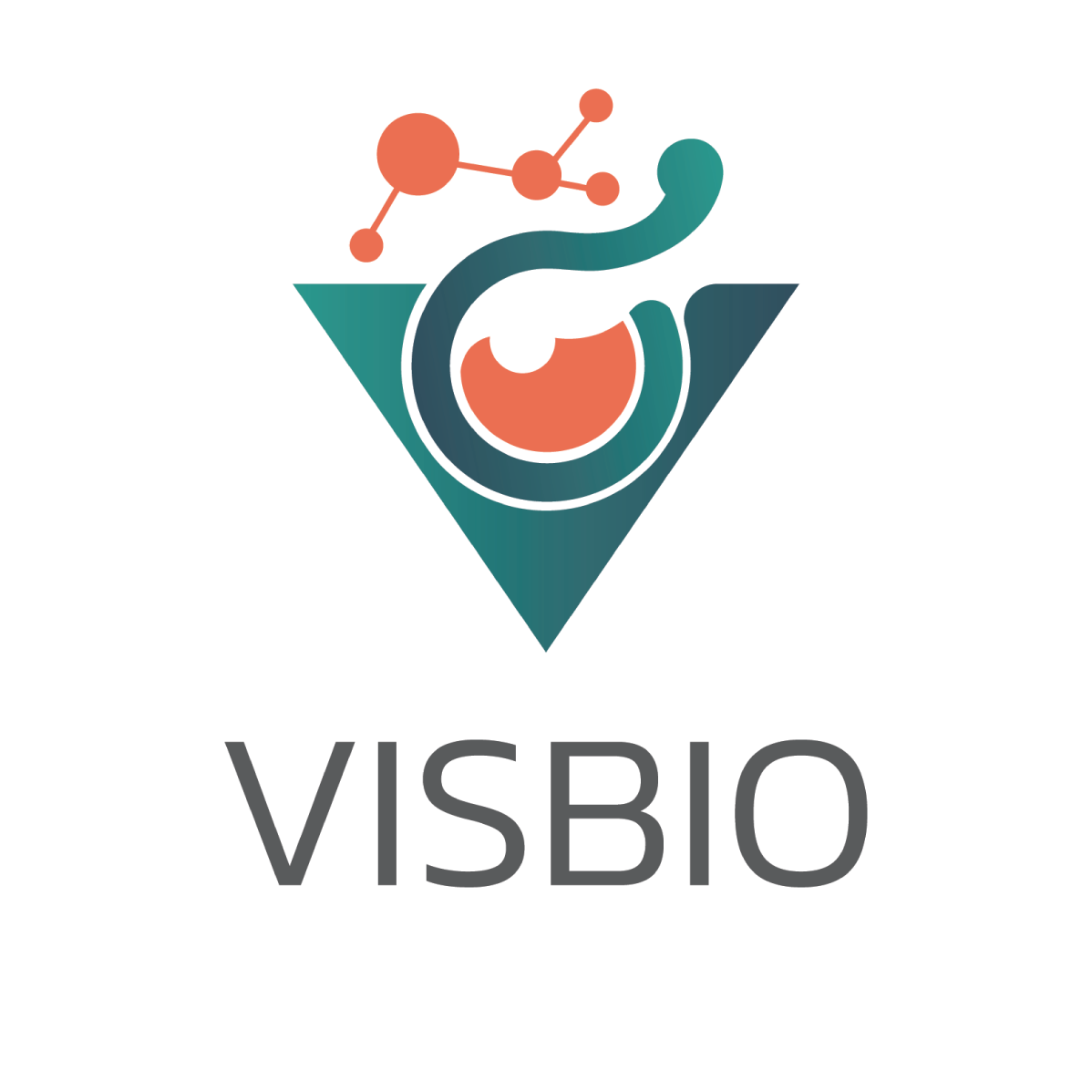The search for effective cancer treatments continues to focus on finding ways to block metastasis, the process by which cancer cells spread from the primary tumor to other parts of the body. Metastasis remains the leading cause of cancer-related deaths, underscoring the importance of developing therapies that can inhibit this critical stage in cancer progression. While many current cancer treatments focus on killing tumor cells, there is growing interest in compounds that can specifically target the mechanisms underlying metastasis. Among these are natural compounds derived from food sources, which have shown promise in reducing cancer cell mobility and invasion.
In this context, the recent study “Homo-Dimers of Vanillin and Apocynin Decrease Metastatic Potential of Human Cancer Cells by Inhibiting the FAK/PI3K/Akt Signaling Pathway,” led by Associate Professor Dr. Kiattawee Choowongkomon, explores the potential of homo-dimers of vanillin and apocynin to reduce cancer metastasis. The study focuses on their ability to inhibit the FAK/PI3K/Akt signaling pathway, a critical pathway involved in cancer cell survival, proliferation, and movement. This research highlights the potential of food-derived compounds to be developed into novel natural cancer treatments that can target metastasis, offering hope for more effective therapies.

Natural Cancer Treatment by Targeting the FAK/PI3K/Akt Pathway
The FAK/PI3K/Akt signaling pathway plays a central role in many cellular processes, including cell survival, growth, and migration. In cancer, this pathway is often overactive, leading to increased cell motility and the ability of cancer cells to invade surrounding tissues and spread to distant organs. Focal adhesion kinase (FAK), a key component of this pathway, promotes the formation of cell attachments that cancer cells use to migrate. By inhibiting FAK, it is possible to disrupt cancer cell migration and reduce their metastatic potential.
Similarly, the PI3K/Akt pathway is involved in promoting cancer cell survival and resistance to apoptosis (programmed cell death). By targeting both FAK and PI3K/Akt, researchers can effectively reduce the ability of cancer cells to survive and spread, making these pathways attractive targets for natural cancer treatments that can prevent metastasis. This study focuses on how vanillin and apocynin homo-dimers interfere with these signaling mechanisms, inhibiting cancer cell movement and ultimately decreasing the likelihood of metastasis.
Vanillin and Apocynin: A Natural Cancer Treatment with Multiple Benefits
Vanillin, the primary component of vanilla extract, is well-known for its use in flavoring, but recent studies have shown that it also has anticancer properties. Similarly, apocynin, derived from the root of the medicinal plant Picrorhiza kurroa, has demonstrated anti-inflammatory and anticancer effects. In this study, researchers synthesized homo-dimers of these two compounds to enhance their biological activity and tested their effects on human cancer cells.

The findings show that the vanillin and apocynin homo-dimers significantly decreased cancer cell migration and invasion, indicating a strong anti-metastatic potential. By inhibiting the FAK/PI3K/Akt pathway, these compounds were able to block the molecular signals that promote cancer cell movement, suggesting that they could be developed into therapies that specifically target cancer metastasis. This is especially important because metastatic cancer cells are often more resistant to conventional therapies, making it critical to develop drugs that can prevent the spread of cancer at the molecular level.
How Natural Compounds Are Shaping Cancer Treatment
The discovery that vanillin and apocynin homo-dimers can inhibit the FAK/PI3K/Akt signaling pathway offers exciting new possibilities for natural cancer treatments. The ability of these compounds to reduce cancer cell motility and invasion without affecting healthy cells positions them as ideal candidates for further development. Their food-derived origins also offer a significant advantage in terms of safety and tolerability, as natural compounds are often associated with fewer side effects compared to synthetic drugs.
Moreover, the fact that these compounds specifically target metastasis makes them highly valuable in the treatment of advanced-stage cancers, where preventing the spread of the disease is critical. By focusing on inhibiting cancer cell movement, therapies based on vanillin and apocynin homo-dimers could complement existing treatments, improving patient outcomes by reducing the risk of metastasis.
What Does This Natural Cancer Treatment Mean for Your Business?
For companies in the pharmaceutical, biotechnology, and nutraceutical industries, the development of natural anti-metastatic therapies represents a unique business opportunity. The increasing demand for natural product-based cancer therapies, combined with the urgent need for treatments that can target metastasis, makes the discovery of vanillin and apocynin homo-dimers particularly valuable.
Investing in the development of these homo-dimers as anti-metastatic agents could position your company at the forefront of cancer therapy innovation. The global market for metastasis-targeting drugs is growing, and natural compounds that can effectively inhibit the FAK/PI3K/Akt pathway offer a competitive edge. Additionally, by collaborating with research institutions like Dr. Kiattawee’s team, companies can fast-track the commercialization of these compounds, gaining intellectual property rights and entering the market early with innovative cancer therapies.
With the growing preference for natural, food-derived products in the healthcare sector, there is also significant potential for developing these compounds into nutraceuticals for cancer prevention and treatment. Companies that recognize the therapeutic value of natural compounds like vanillin and apocynin stand to benefit from this emerging market trend.
The Future of Natural Cancer Treatment in Metastasis
The identification of homo-dimers of vanillin and apocynin as inhibitors of the FAK/PI3K/Akt signaling pathway is a significant breakthrough in cancer research. As metastasis continues to be the leading cause of cancer-related deaths, finding ways to block cancer cell movement and invasion is critical. These natural compounds offer a promising solution, providing a dual mechanism of action that targets both cell migration and survival.
As the pharmaceutical industry continues to explore the potential of natural products for cancer treatment, the development of vanillin and apocynin homo-dimers could pave the way for more effective and less toxic cancer therapies. Their ability to specifically target metastasis, combined with their food-derived origins, positions them as valuable tools in the fight against advanced-stage cancers.
Partner with Us for Cutting-Edge Natural Cancer Treatments
We invite companies in the pharmaceutical and biotech sectors to collaborate with us in developing vanillin and apocynin homo-dimers into commercially viable cancer therapies. Contact us for a free consultation to explore how your business can leverage this research to create next-generation treatments that target cancer metastasis.

About the Author:
Associate Professor Dr. Kiattawee Choowongkomon is a leading biochemist specializing in natural product drug discovery, enzyme inhibition, and cancer research. With over 200 scientific publications, Dr. Kiattawee has a proven track record of translating research findings into commercial applications, particularly in the fields of oncology and viral diseases.
About the Research:
This study, titled “Homo-Dimers of Vanillin and Apocynin Decrease Metastatic Potential of Human Cancer Cells by Inhibiting the FAK/PI3K/Akt Signaling Pathway,” was published in [Insert Journal Name] and is available via DOI: 10.1021/acs.jafc.6b05697 . The research focuses on the anti-metastatic potential of food-derived homo-dimers, exploring their role in inhibiting cancer cell migration through the FAK/PI3K/Akt pathway.


